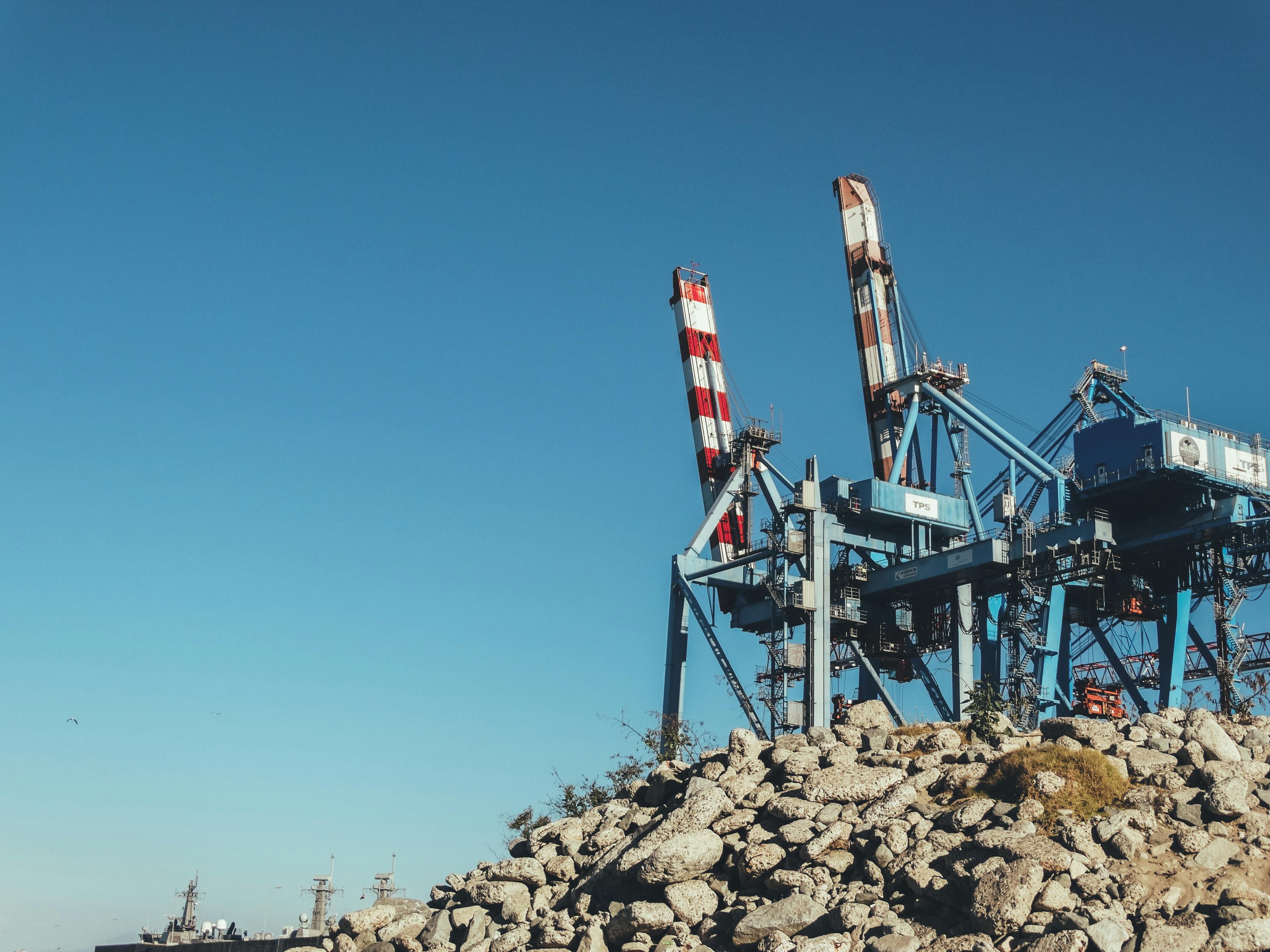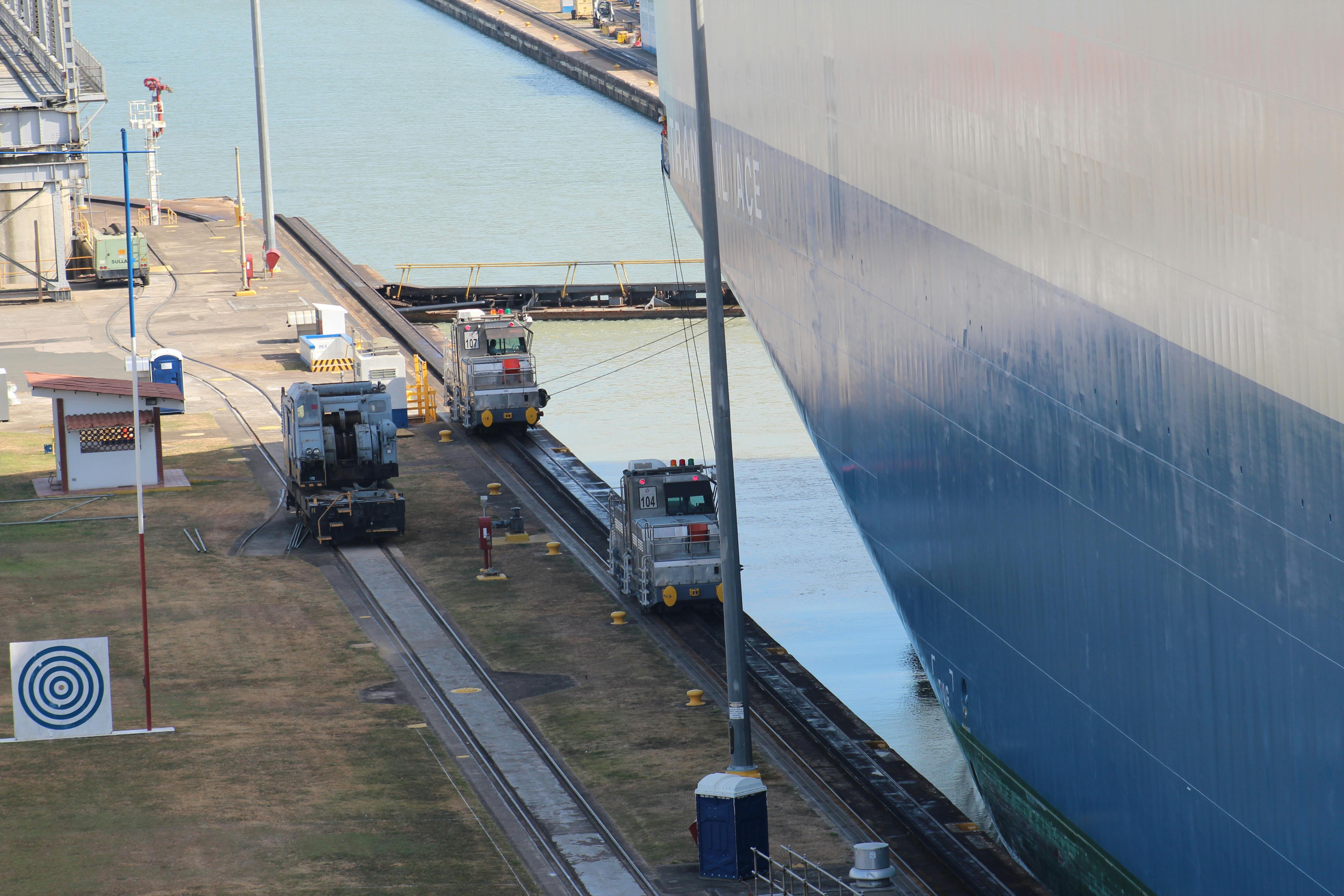Do CPAP machines require distilled water? Yes, they do. CPAP (Continuous Positive Airway Pressure) machines provide a steady stream of pressurized air to the user’s nasal passages to keep the airways open and prevent snoring. This pressurized air is delivered from a humidifier, which requires distilled water to function properly. Distilled water helps to keep the CPAP machine clean, reduce mineral buildup, and prevent mold and bacterial growth inside the device.A CPAP machine (Continuous Positive Airway Pressure) is a device used to treat sleep apnea. It is designed to deliver a continuous flow of pressurized air through a mask placed over the nose and/or mouth during sleep. The pressurized air helps keep the airways open, allowing the user to breathe more easily and reduce or eliminate snoring and other symptoms of sleep apnea.
Why Do CPAP Machines Need Distilled Water?
CPAP machines use a humidifier to add moisture to the airway, making it more comfortable for the user. This humidifier needs to be filled with distilled water in order to work properly. Distilled water is different from regular tap water because it has been purified and all of the impurities and minerals have been removed. This ensures that no bacteria, viruses, or other contaminants can be introduced into the device when filling the humidifier.
Using distilled water in a CPAP machine is important because it helps prevent any blockages in the airway due to mineral deposits. Mineral deposits can build up with regular tap water over time and can cause issues with air flow through the device. Additionally, using distilled water helps reduce the amount of bacteria and other contaminants that can potentially enter the airway and cause irritation or illness.
Finally, using distilled water helps extend the life of a CPAP machine by reducing wear and tear on internal components caused by mineral deposits from regular tap water. Over time these deposits can accumulate and reduce airflow through the device, as well as damage internal components such as hoses, masks, and other
Benefits of Using Distilled Water in a CPAP Machine
Using distilled water to clean and maintain your CPAP machine is a great way to ensure that your device remains in top condition. Distilled water is free of minerals, chemicals, and other contaminants, making it ideal for use in CPAP machines as it will not leave any residue behind. Additionally, distilled water does not require the use of expensive and potentially harmful cleaning solutions. The use of distilled water also eliminates the need to clean out any mineral deposits that can form on the components of the machine over time.
Another benefit of using distilled water in a CPAP machine is that it helps reduce the risk of breathing issues caused by humidifier overuse. By using distilled water, you can be sure that your humidifier is free from potentially harmful bacteria or mold growth. This helps reduce the risk of respiratory problems associated with long-term exposure to unclean humidifiers.
Finally, using distilled water in a CPAP machine can help extend the life of your device. The lack of contaminants and minerals present in pure distilled water helps keep the parts and components of your CPAP machine working properly
How to Clean a CPAP Machine with Distilled Water?
Cleaning a CPAP machine with distilled water is important for keeping your machine in good working condition and free from bacteria and other potentially harmful contaminants. To clean your CPAP machine, you will need a few basic supplies such as distilled water, a soft cloth, and an antibacterial cleaning solution. Here are the steps to follow for cleaning your CPAP machine with distilled water:
1. Begin by unplugging the power cord from the wall socket. Make sure that the power switch is in the off position before disconnecting it.
2. Take off all of the removable components including the mask, tubing, headgear, and any other detachable parts.
3. Fill a container or sink with lukewarm water and add a few drops of an antibacterial cleaning solution.
4. Submerge all of the removable parts into the solution and let them soak for at least 20 minutes.
5. After soaking, take out each part of your CPAP machine one by one
Risks of Not Using Distilled Water in a CPAP Machine
Using tap water or untreated water in a CPAP machine can be dangerous and may put the user at risk for a variety of health problems. The main risk associated with not using distilled water is the potential for bacterial growth that can be harmful to the user. Tap water contains trace amounts of minerals, chlorine, and other contaminants that can build up over time inside the CPAP machine, potentially leading to bacterial growth. Bacteria and mold can cause respiratory issues such as sinus infections, asthma attacks, and bronchitis.
In addition to potential bacterial growth, using tap water or untreated water can lead to mineral deposits forming on the components of the CPAP machine that could clog filters and reduce airflow. This could make it more difficult to use the device or even damage it beyond repair. The mineral deposits can also make it harder for users to clean their machines properly, which could lead to additional bacteria buildup and even more health risks.
Finally, when tap water or untreated water is used in CPAP machines it may reduce its lifespan due to increased wear and tear on components such as hoses and masks caused

Choosing the Right Type of Distilled Water for a CPAP Machine
Using clean and pure water in your Continuous Positive Airway Pressure (CPAP) machine is essential to ensure its optimal performance and also protect your health. Therefore, it is important to choose the right type of distilled water for your CPAP machine.
Distilled water is the best type of water to use in a CPAP machine because it does not contain minerals or other impurities that can build up over time and clog the air filter. It also does not contain bacteria that can cause infections or other health problems. Distilled water should be used for all humidifier chambers, as well as for cleaning any parts of the CPAP machine.
When purchasing distilled water, look for a product that is labeled as “purified” or “distilled.” It is important to make sure the product has not been contaminated with minerals, chemicals, or other impurities during processing or storage. In addition, it is important to check the expiration date on the packaging to make sure that you are using a fresh supply of distilled water.
How Often Should I Change the Distilled Water in My CPAP Machine?
It is important to change the distilled water in your CPAP machine regularly, as this will help to keep the device clean and hygienic. Generally, it is recommended that you change the distilled water in your CPAP machine every two weeks, or whenever you notice that the water looks cloudy or discolored. This frequency can be adjusted depending on how often you use your CPAP machine and how humid your climate is – if you live in a very humid area, you may need to change the water more frequently.
Before changing the distilled water, it is important to make sure that your CPAP machine is turned off and unplugged. Then, remove the chamber containing the distilled water and discard any remaining water. Rinse out the chamber with warm soapy water and rinse thoroughly before refilling with fresh distilled water. Once filled, reassemble your CPAP machine and plug it back in.
It can also be helpful to clean the chamber containing the distilled water on a regular basis by removing it from time to time and wiping down with a damp cloth or paper towel.
Storing Your CPAP Machine
When storing your CPAP machine, it is important to ensure that it is kept in a cool, dry place. It should not be exposed to moisture or extreme temperatures. It is also best to keep the machine away from direct sunlight and other sources of heat. Additionally, you should make sure the CPAP machine is securely stored in a dust-free environment. This will help keep the airways clean and free from dirt and debris.
Transporting Your CPAP Machine
When transporting your CPAP machine, be sure to use distilled water in the water chamber. Distilled water is free of impurities and contaminants which may damage the machine or reduce its effectiveness. Additionally, it is important to keep the water level low when transporting your CPAP machine as this will prevent spills or other accidents that could damage the device while traveling. Make sure to secure the lid on the water chamber tightly before transporting your CPAP machine. Finally, always transport your CPAP with care and always make sure that it is securely stored in a protective carrying case when traveling.

Conclusion
CPAP machines require distilled water to ensure that the device works efficiently and effectively. It is important to use distilled water in a CPAP machine because it helps to prevent the buildup of minerals that can interfere with the machine’s performance. Additionally, using distilled water helps to reduce the risk of infection associated with using tap water in a CPAP machine. Ultimately, using distilled water in a CPAP machine is essential for maintaining good health and ensuring that the device works properly.
In conclusion, Do Cpap Machines Require Distilled Water? The answer is yes. Distilled water is an essential part of keeping a CPAP machine working properly and safely. It is important for users to make sure that they are only using distilled water in their CPAP machines for optimal performance and hygiene.

